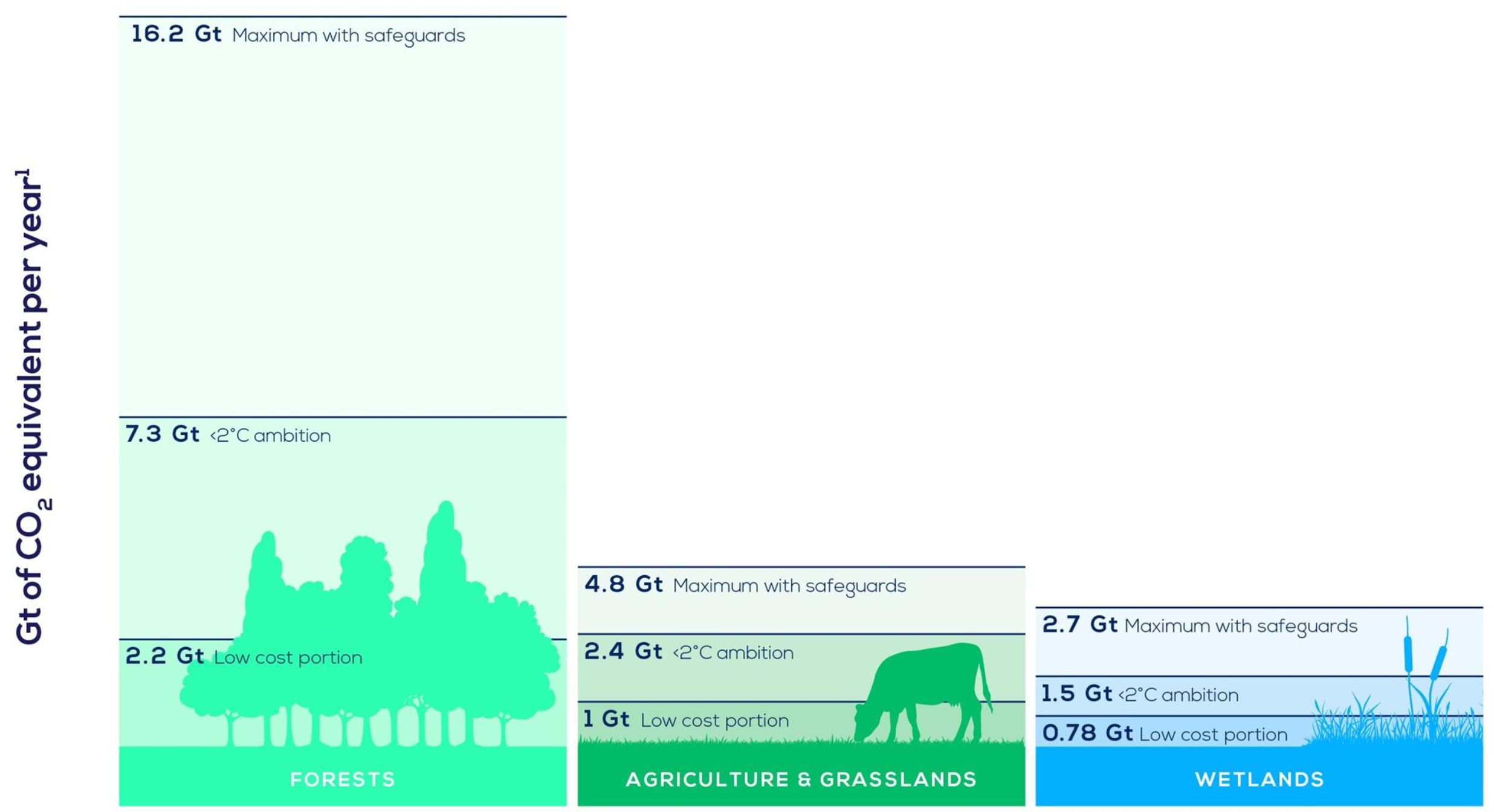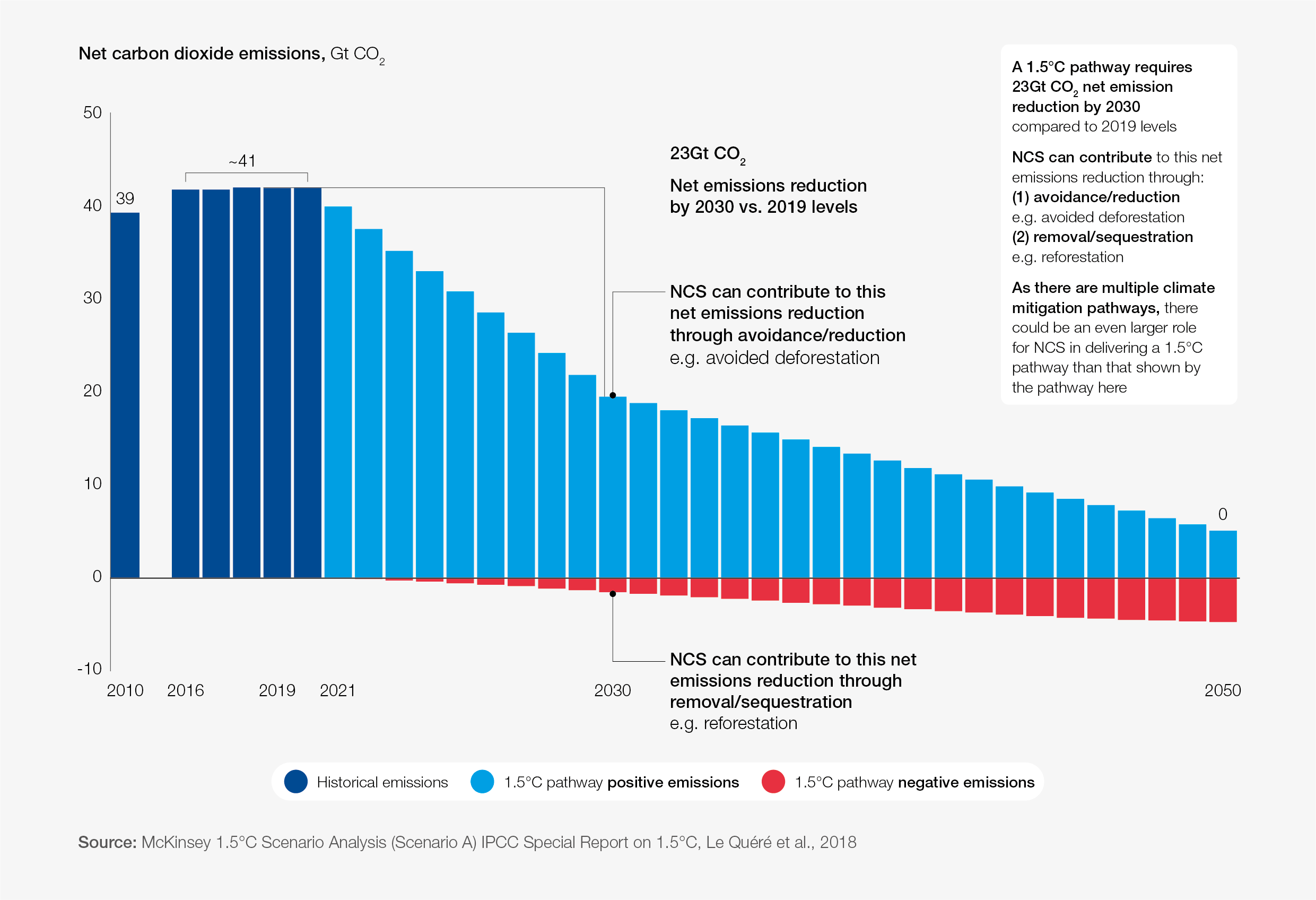How gardens can boost biodiversity and help tackle climate change

Planting for pollinators is one of the Royal Horticultural Society's tips. Image: REUTERS/Phil Noble
Listen to the article
- A new UK campaign hopes to encourage people to make small changes to help create a greener, more sustainable future.
- Biodiversity can have a positive effect on climate change.
- Community action can be a vital part of the green transition - particularly in cities, according to a new guidebook.
- Adequate financing of nature-based solutions is vital though.
A new campaign in the United Kingdom is helping people to understand how a few simple actions can make gardens and gardening more sustainable and contribute to protecting the planet.
The programme is being run by the Royal Horticultural Society (RHS) and gives gardeners 10 tips to help them make their own backyards more sustainable.
The advice comes as the world looks ahead to COP26, the global climate meeting taking place in the UK this year, and is focused on working together to protect the planet and take action against climate change.
It also comes hot on the heels of a report from the Intergovernmental Panel on Climate Change warning that climate change is widespread, rapid, and intensifying.
10 top tips
1. Plant a tree. Trees are excellent carbon stores, explains the RHS. And if every UK gardener planted a tree in their community, school, workplace or their backyard and brought it to maturity, the carbon stored would be equivalent to 11 million car journeys around the planet.
2. Water the right way. Instead of using mains supply for water for the garden, a water butt that captures rain could save millions of litres, says the Society.
3. Go peat-free. Peatlands are a significant global carbon store, but using peat in gardens releases this and destroys habitats.
4. Make your own compost. Compared to the bagged retail variety, homemade compost is better for the planet. Every 1kg of homemade compost saves 0.1kg of fossil carbon, the RHS says.
5. Pull up a paving slab. Replacing just 1 metre square of paving slab with perennial plants could help store carbon and tackle climate change.
6. Plants for pollinators. Pollinators globally are in trouble - with lack and loss of habitat a major reason. A wide variety of plants can help support species, explains the RHS.
7. Avoid imported flowers. Imported flowers can come with a higher carbon footprint, so the RHS suggests growing your own bunch of flowers.
8. Use electric power tools. An average petrol power tool emits 0.848 kg carbon per litre of petrol used, the RHS says. So switching to electric equivalents could help save on some of these emissions.
9. Be a citizen scientist. The RHS's My Garden tool allows all UK gardeners to map their garden plants - building an increased understanding of biodiversity, and helping to conserve it for future generals.
10. Eat more local produce. Eating more produce you've either grown yourself or that's grown locally can 'save significant amounts of greenhouse gas emissions', says the RHS.
Community schemes
Of course, millions around the world aren't lucky enough to enjoy their own garden space. But, that's not to say they can't help make a difference in protecting the planet in similar ways to the RHS's suggestions.
For example, the C40 Cities Climate Leadership Group network, along with Arup, has recently released a guidebook to help governments and local people build more sustainable and greener communities.
The work highlights the role of neighbourhoods in tackling the climate crisis and sets out 10 key approaches to achieve this. Actions recommended by the guidebook include the promotion of clean construction, neighbourhood-wide energy infrastructure and green and nature-based solutions - such has the ones highlighted by the RHS.
“With COP26 around the corner and the Race to Zero underway, we believe there are great opportunities to deliver emissions reductions in neighbourhoods around the world – both existing and new," explains Ben Smith, Director for Energy and Climate Change Consulting at Arup.
You can see some of the work in action here.
The potential of nature-based solutions
Nature-based solutions have the potential to play a significant role in the linked challenges of climate change and nature loss explains the World Economic Forum Global Future Council on Nature-Based Solutions.
An investment of less than 1% of global GDP into such solutions is needed to tackle the climate, biodiversity, and land-degradation crises, according to the State of Finance for Nature report released in May.
But, current levels of investment are not enough - and there stands to be a $4.1 trillion financing gap in nature by 2050 the report warns.
What is the World Economic Forum doing on natural climate solutions?
“Biodiversity loss is already costing the global economy 10% of its output each year. If we do not sufficiently finance nature-based solutions, we will impact the capacities of countries to make progress on other vital areas such as education, health and employment. If we do not save nature now, we will not be able to achieve sustainable development,” said UNEP Executive Director, Inger Andersen, at the time.
Financing the green transition will be a key topic at the World Economic Forum's Sustainable Development Summit 2021. You can follow coverage here.
Don't miss any update on this topic
Create a free account and access your personalized content collection with our latest publications and analyses.
License and Republishing
World Economic Forum articles may be republished in accordance with the Creative Commons Attribution-NonCommercial-NoDerivatives 4.0 International Public License, and in accordance with our Terms of Use.
The views expressed in this article are those of the author alone and not the World Economic Forum.
Stay up to date:
SDG 13: Climate Action
Related topics:
Forum Stories newsletter
Bringing you weekly curated insights and analysis on the global issues that matter.
More on Nature and BiodiversitySee all
Dr Gideon Lapidoth and Madeleine North
November 17, 2025









